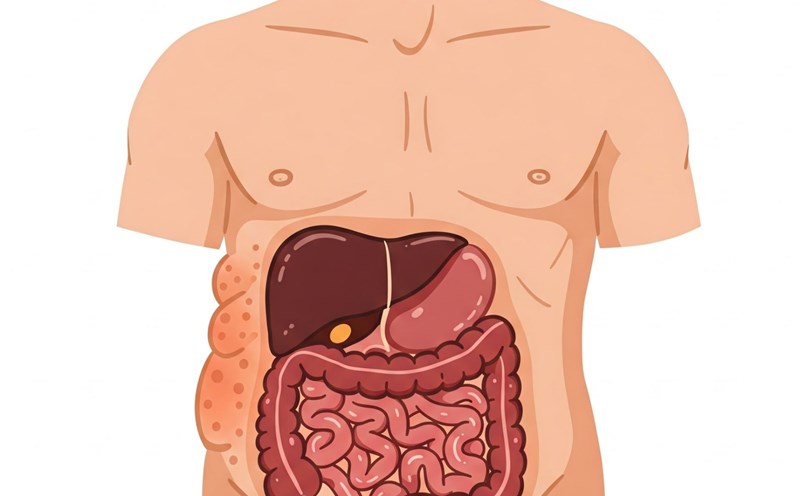Exercise moderately
Aerobic exercises such as brisk walking, jogging, cycling, etc. can enhance heart function and the cardiovascular system. Each session should last 30-60 minutes and be done at least 3 times/week.
Optimizing your diet
Reduce your intake of stimulants like caffeine, alcohol, salt, spicy foods, and sugar, as they can stimulate your nerves and increase your heart rate. Instead, increase your intake of vegetables, fruits, and whole grains to help maintain a healthy heart.
Weight control
People who are overweight or obese are more likely to have a rapid heart rate. Weight control with a reasonable diet and exercise can help reduce heart rate, improving your overall fitness.
Reduce stress and relax
Excessive stress, anxiety, and other negative emotions over the long term can easily increase your heart rate. Therefore, learning to reduce stress and relax is also an important way to reduce your heart rate. You can try taking a deep breath, practicing yoga, listening to music... to relax your body and mind.
For those who can keep their heart rate at rest below 60 beats per minute, it will help reduce stress and long-term fatigue for the heart, helping to prolong life.











